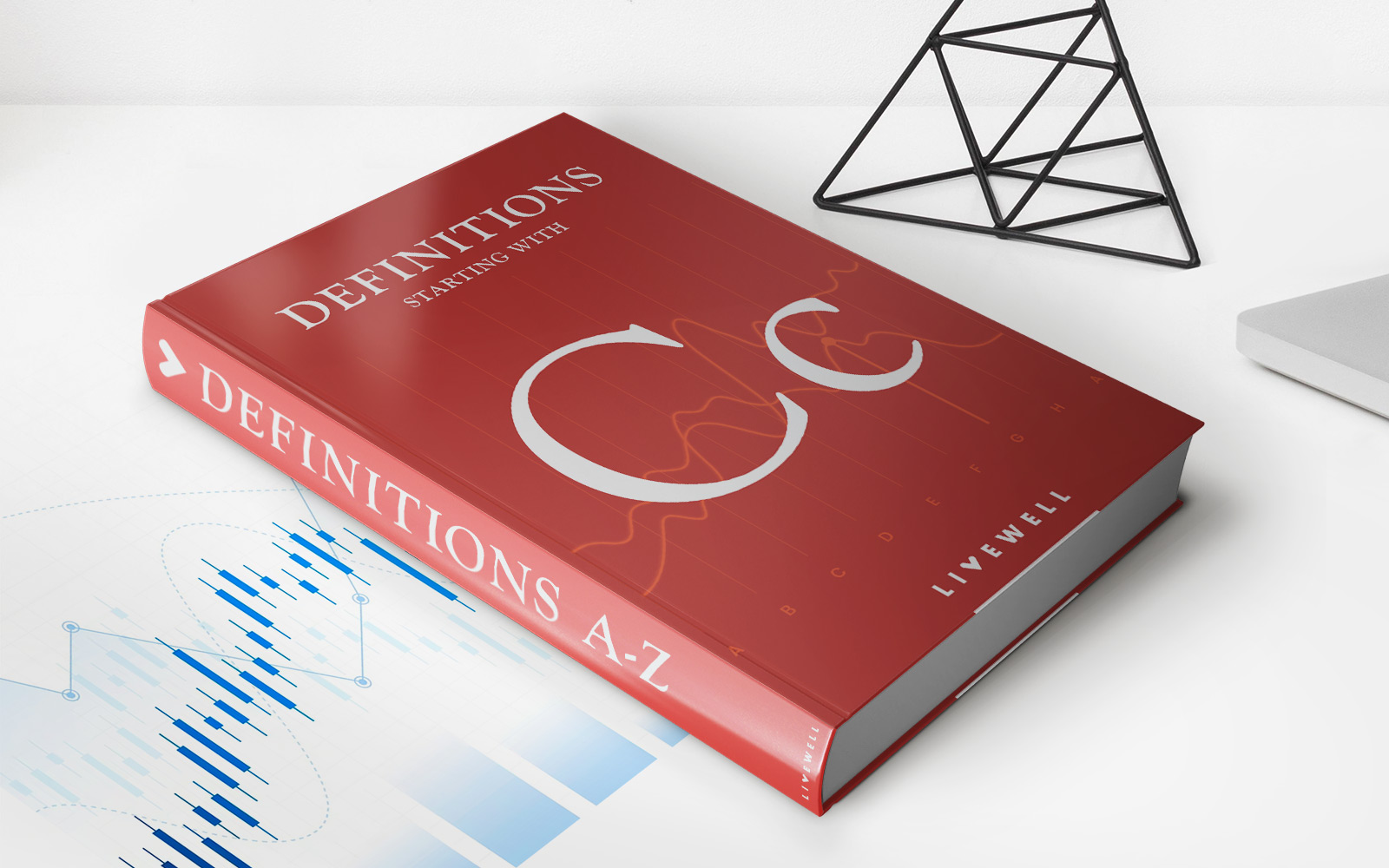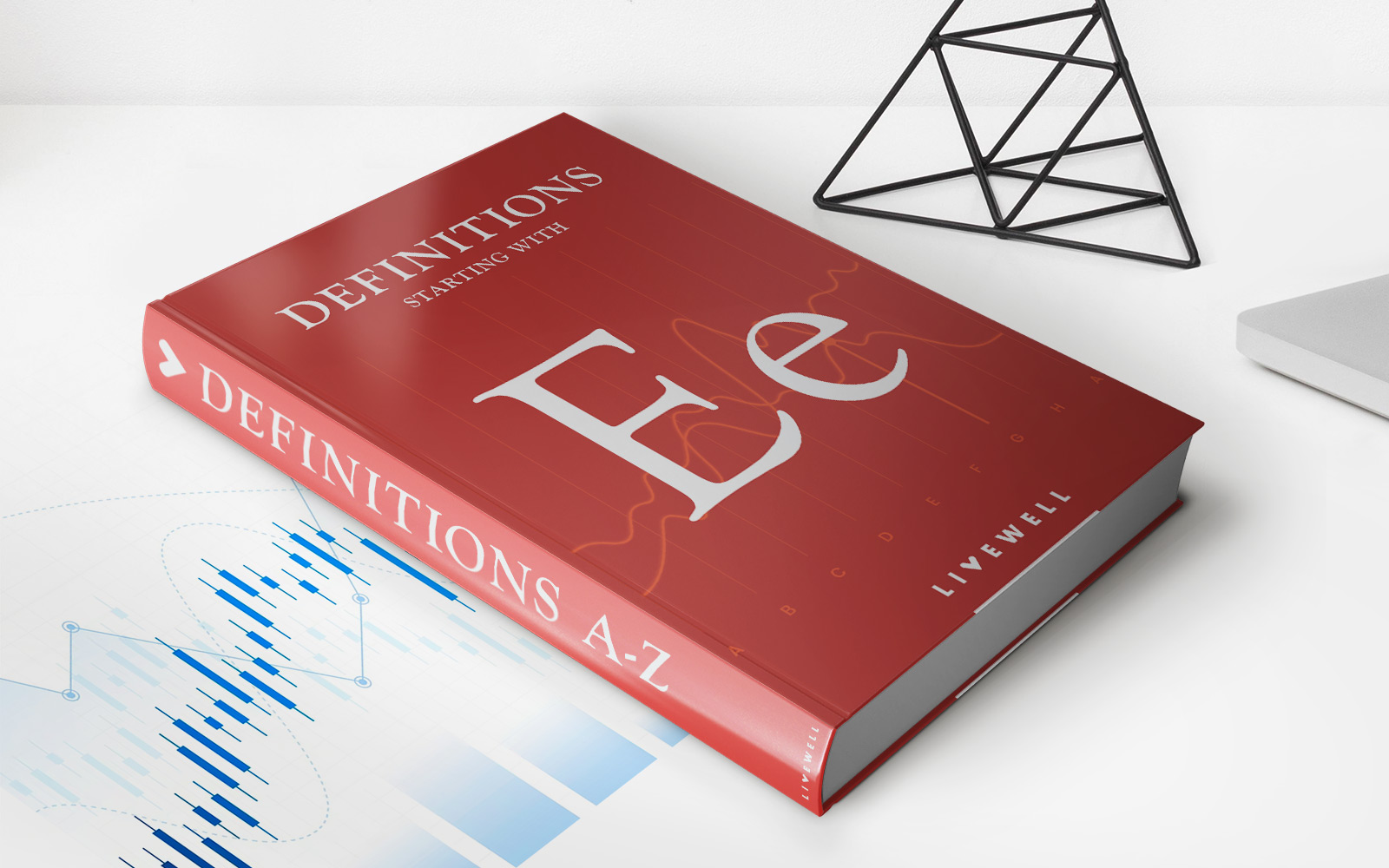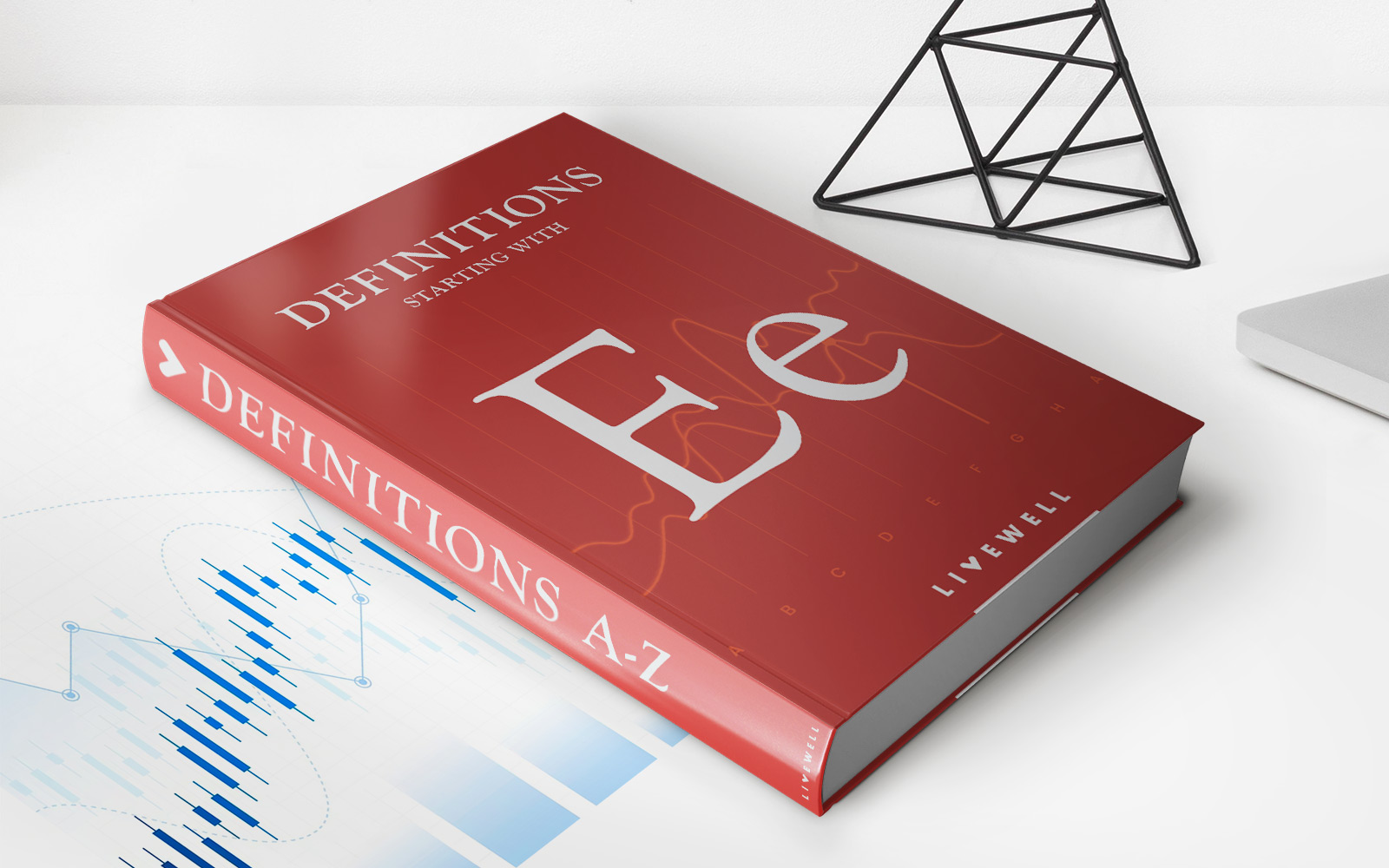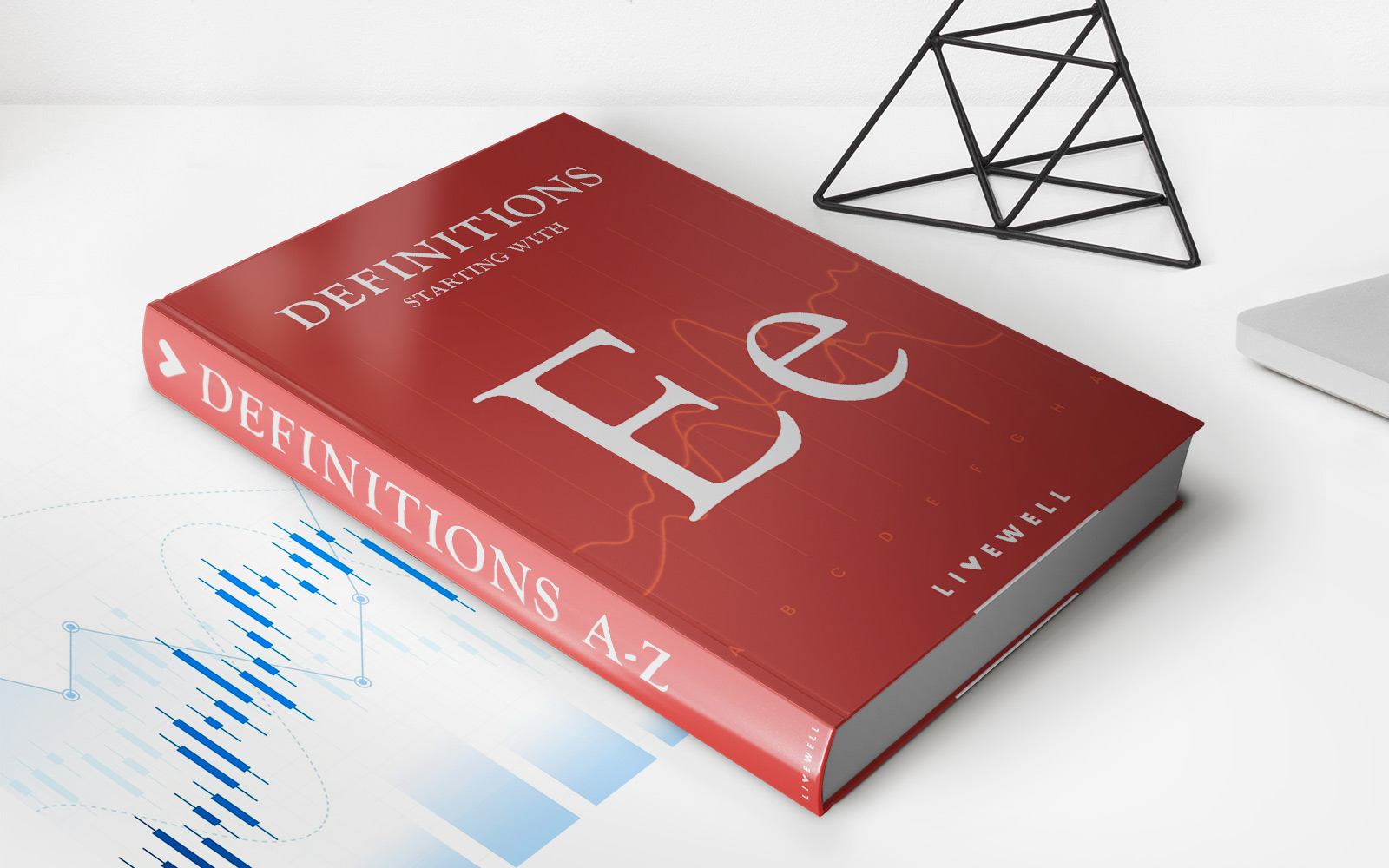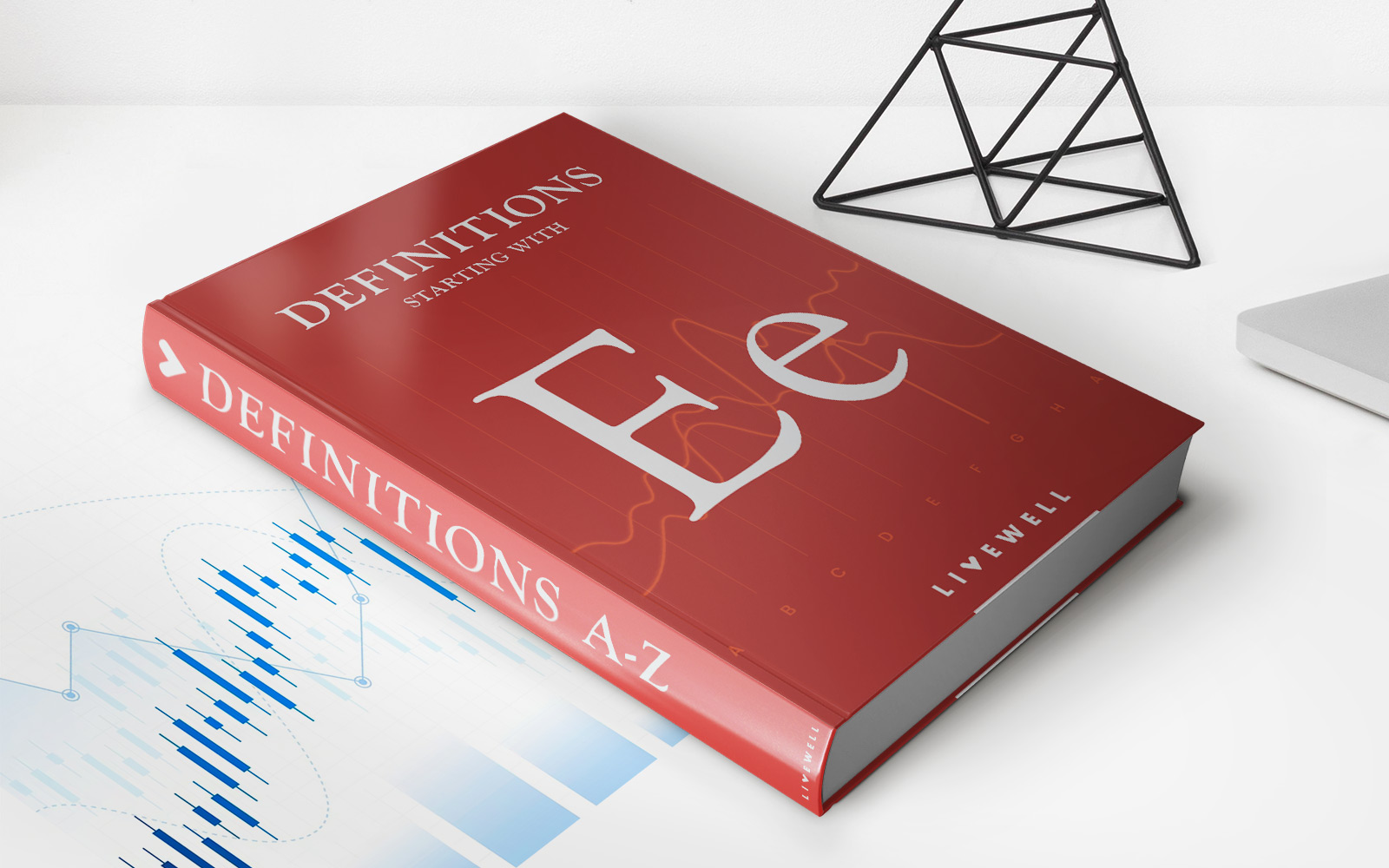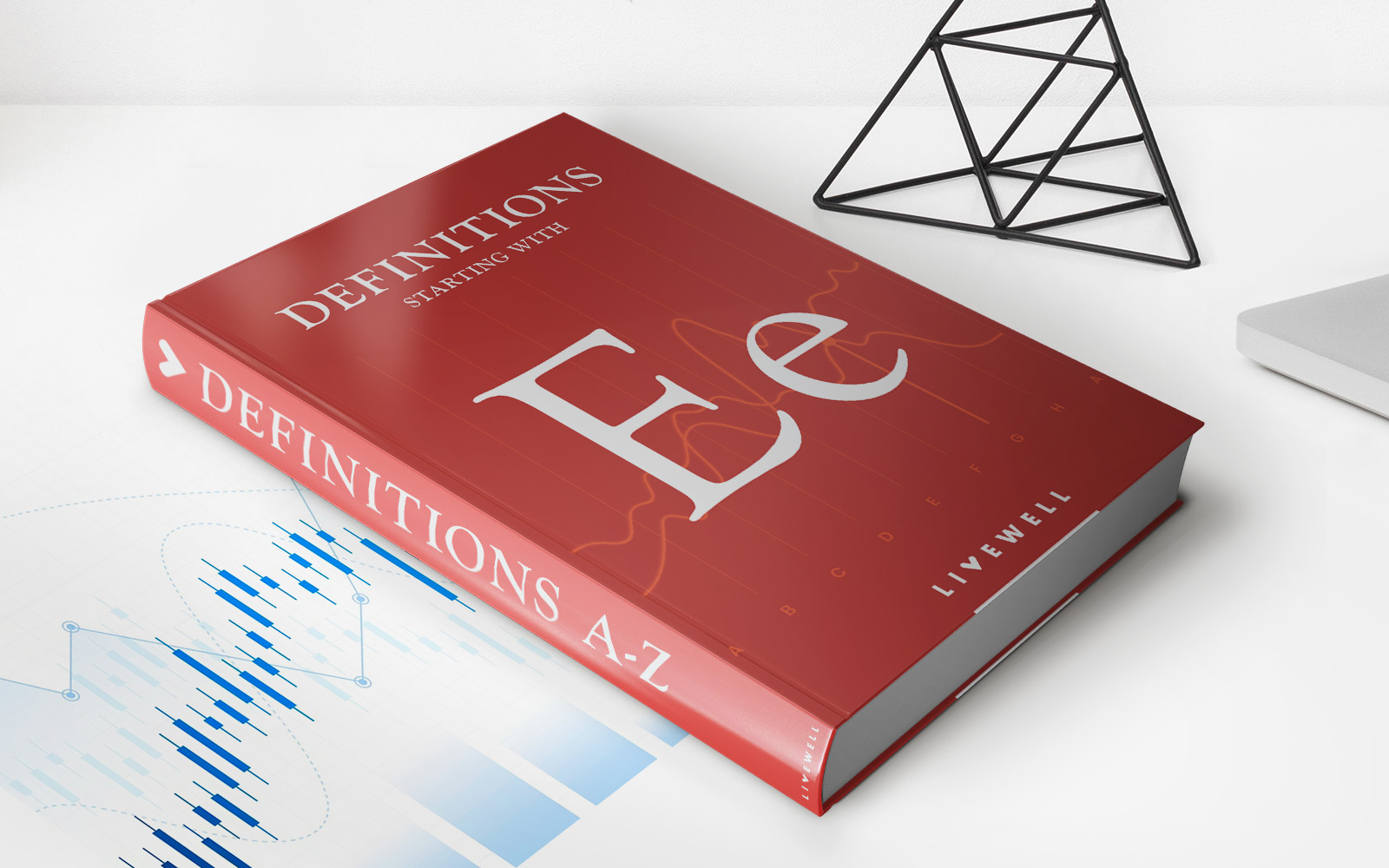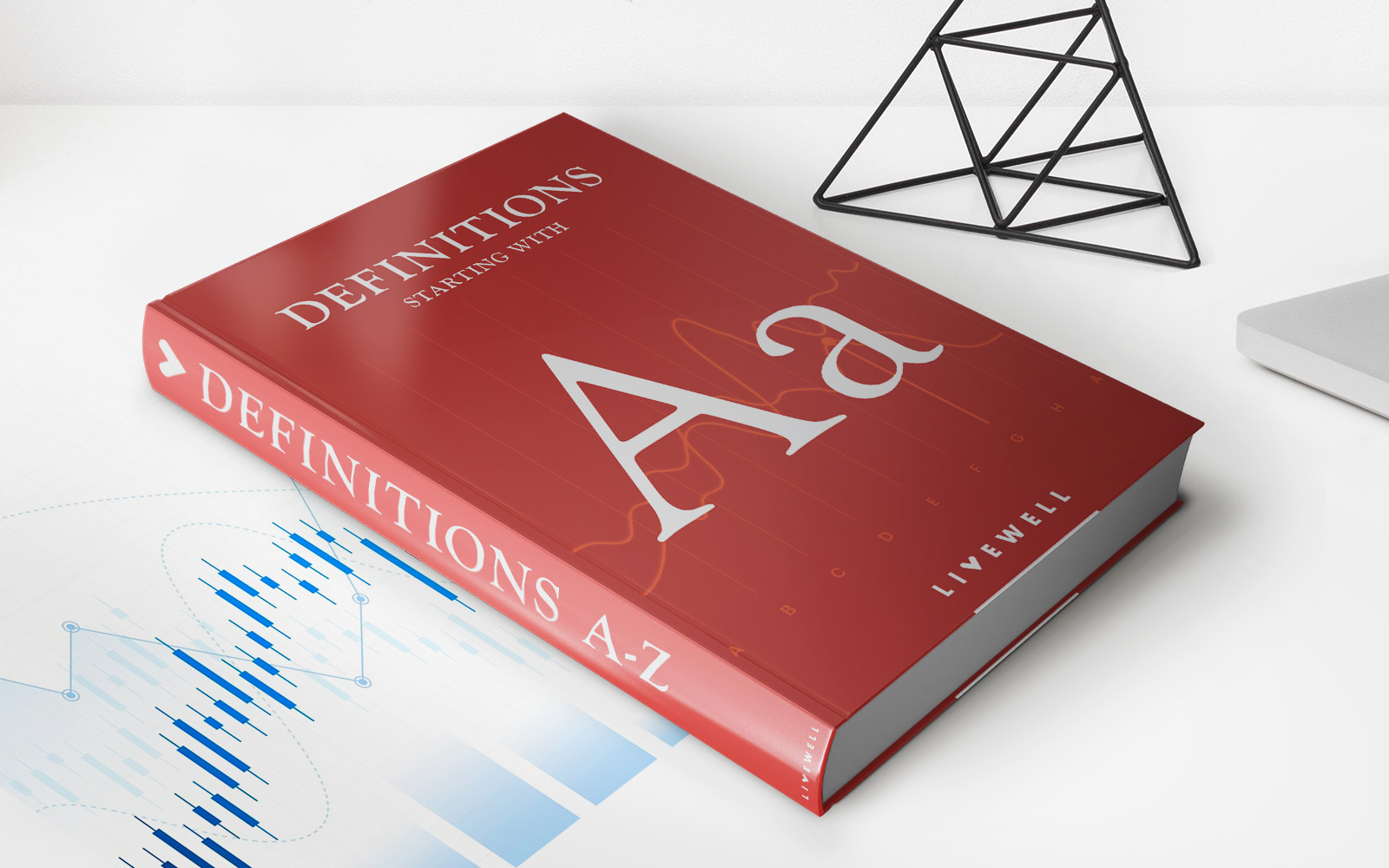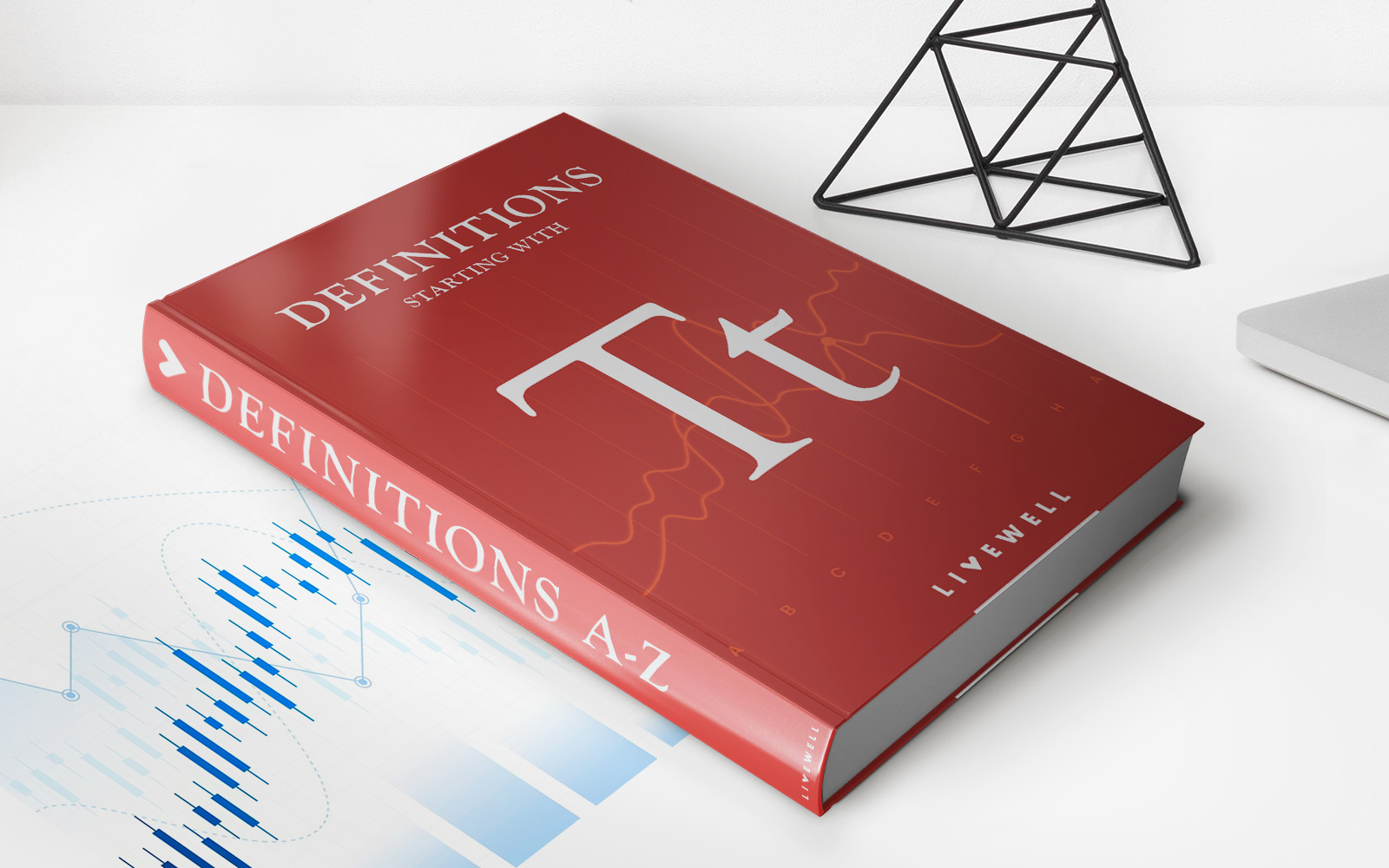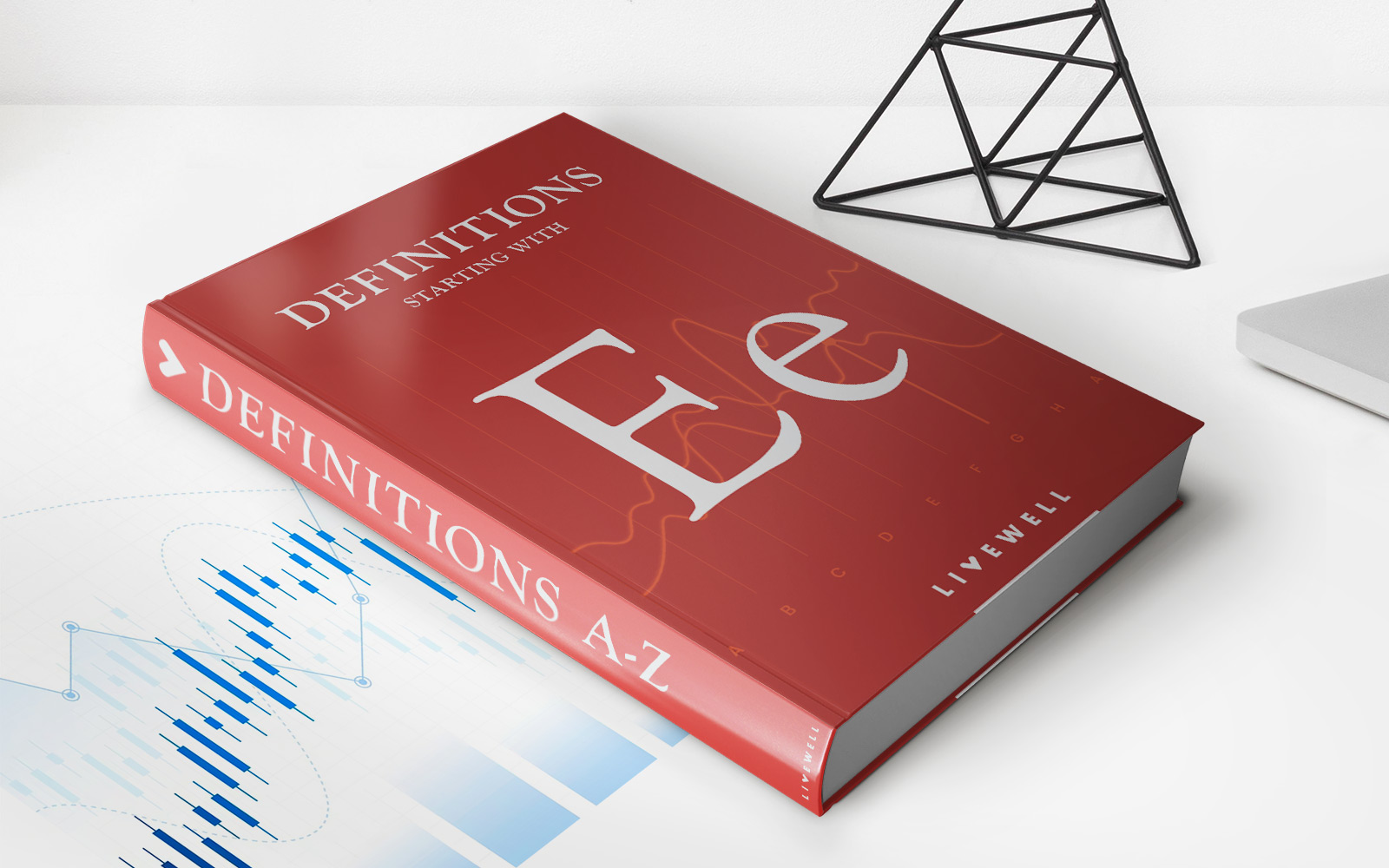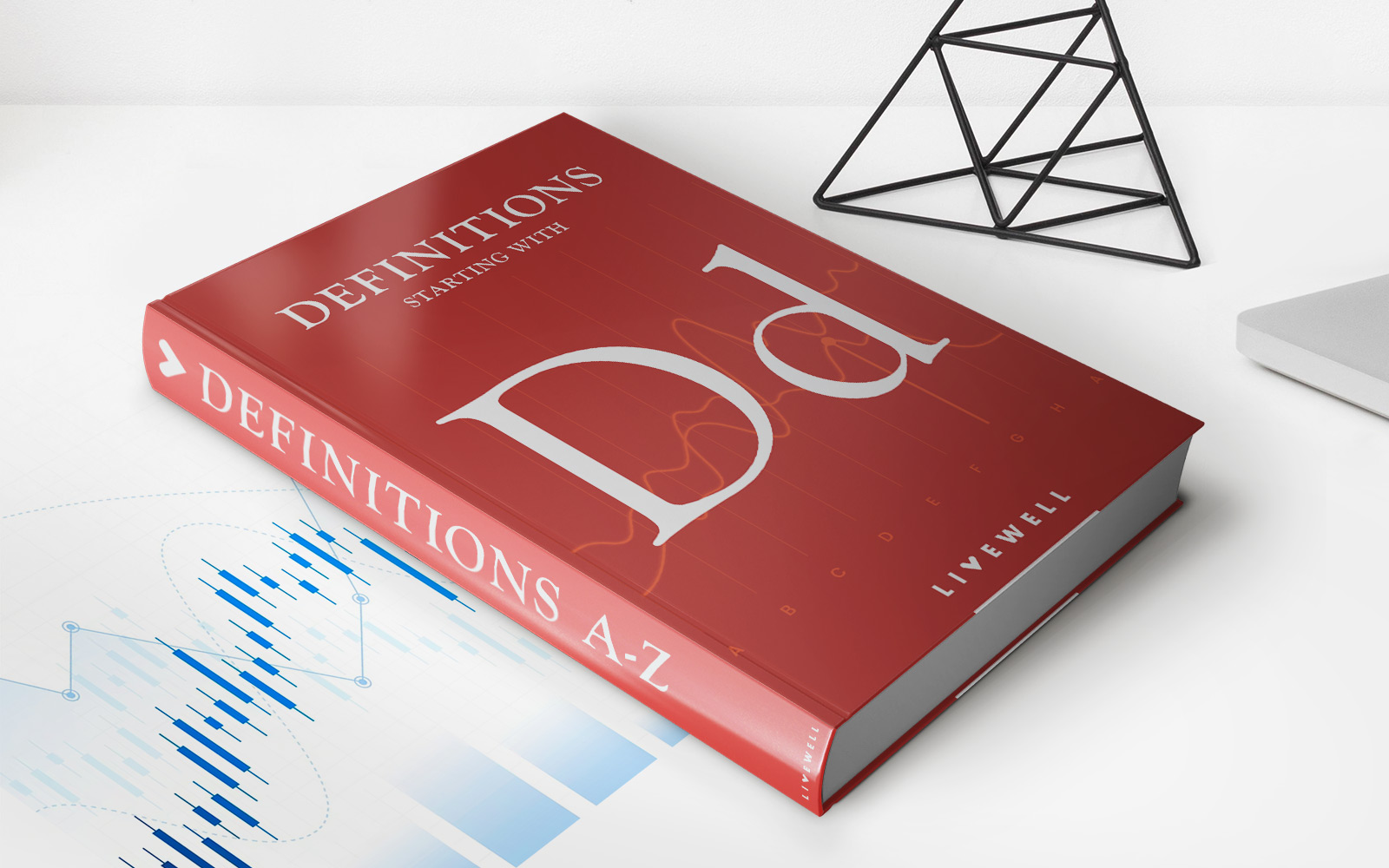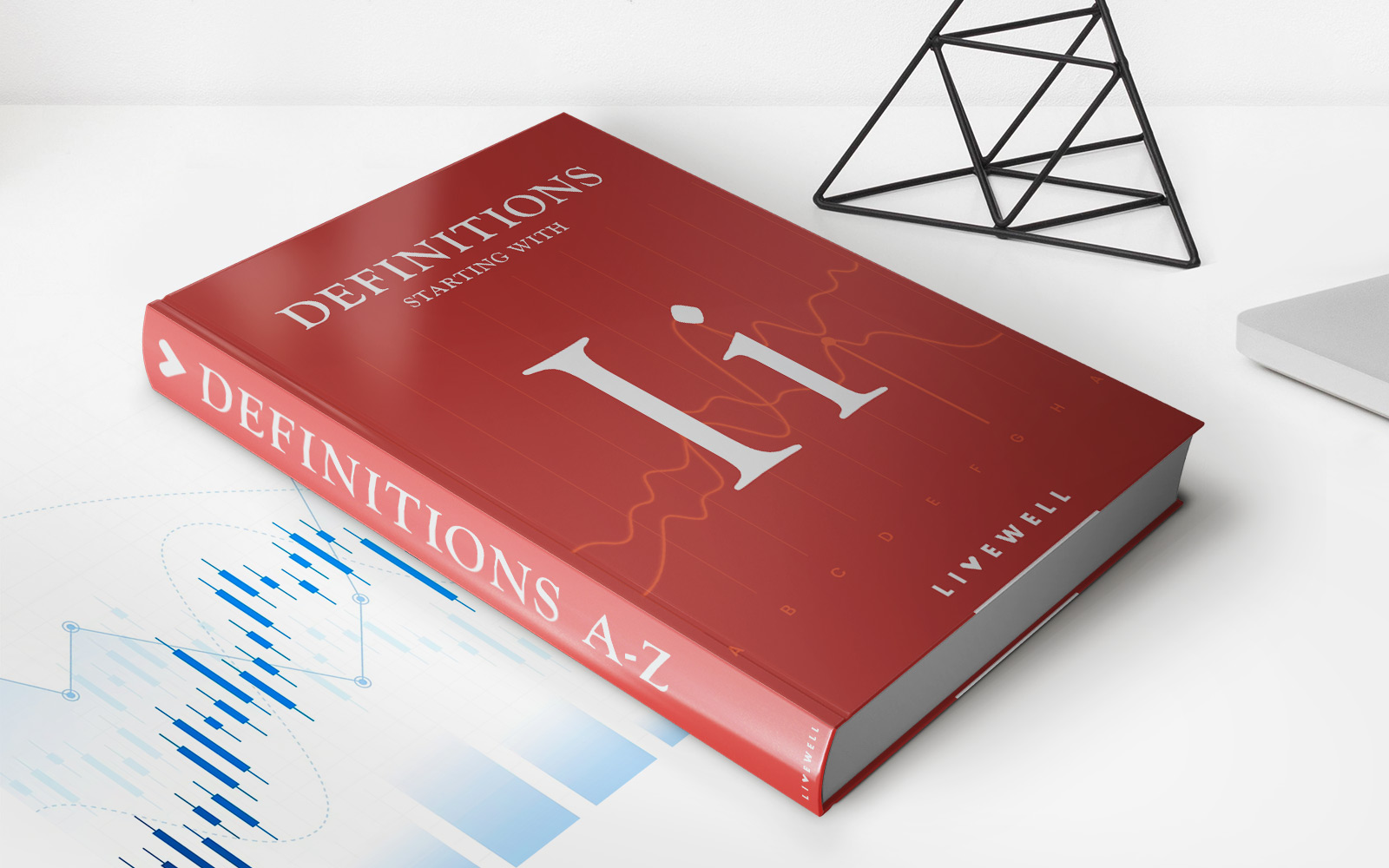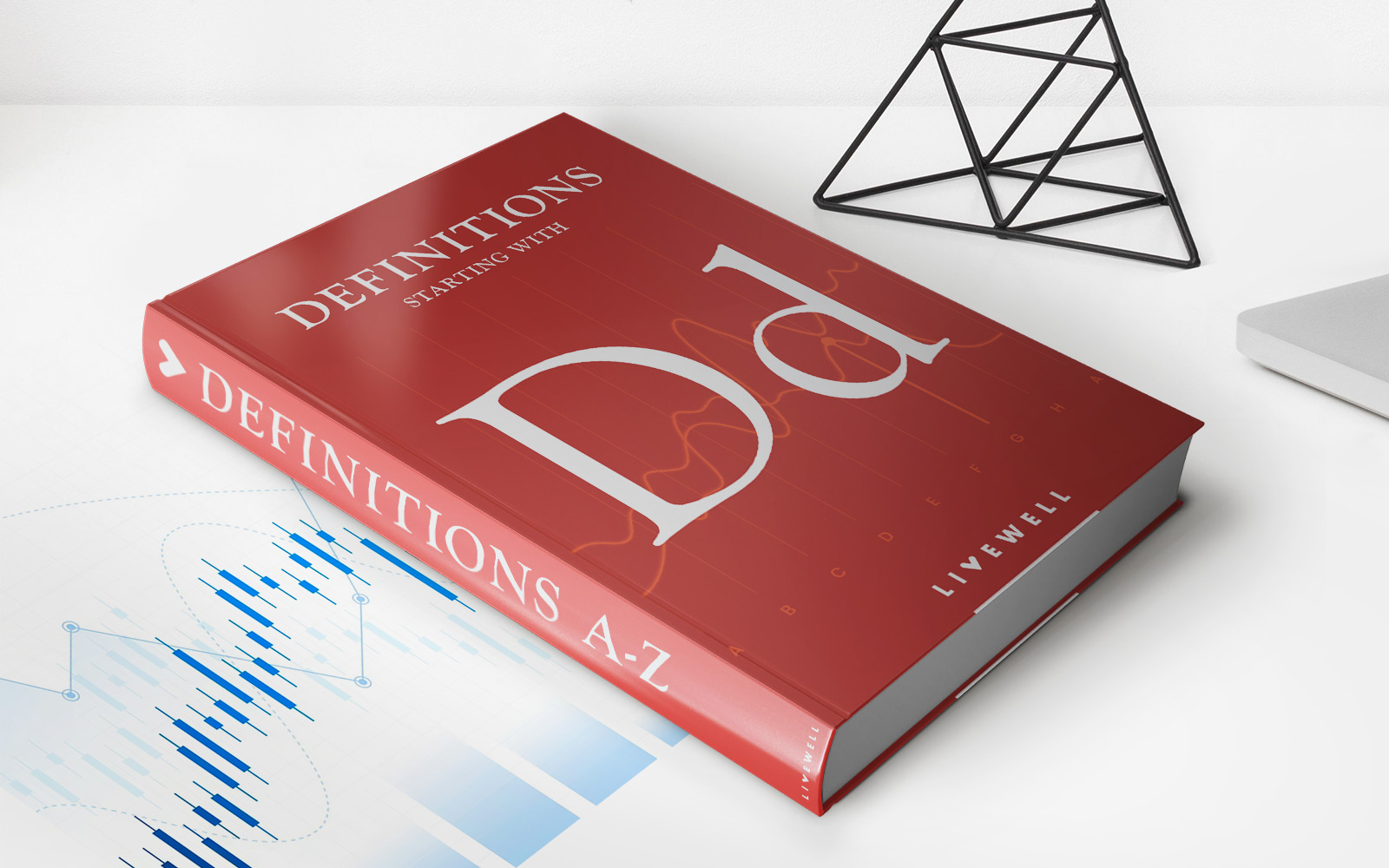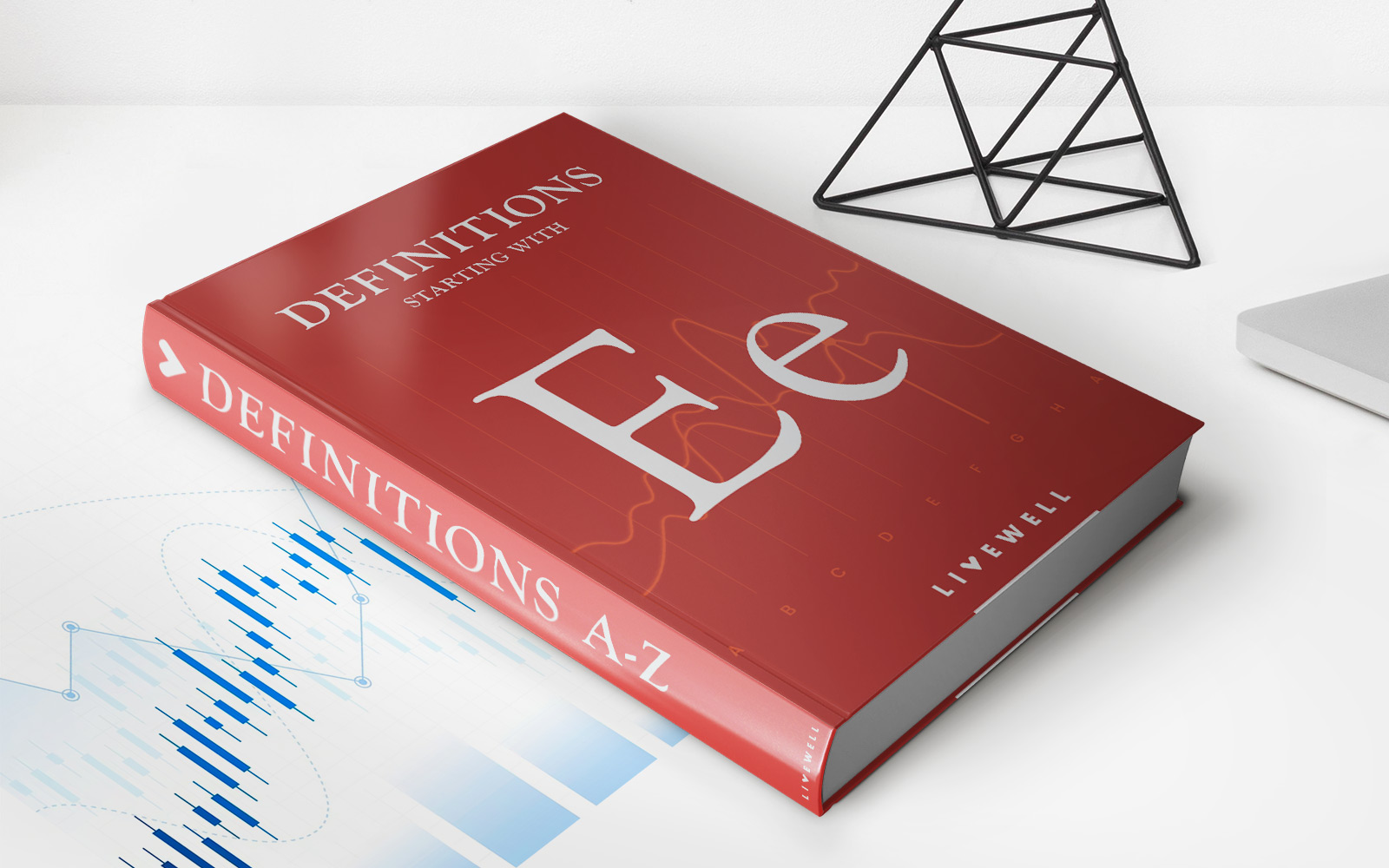

Finance
Ex Gratia Payment Definition
Published: November 20, 2023
Discover what ex gratia payment means in the world of finance. Learn about its definition and how it can impact financial transactions and obligations.
(Many of the links in this article redirect to a specific reviewed product. Your purchase of these products through affiliate links helps to generate commission for LiveWell, at no extra cost. Learn more)
Ex Gratia Payment Definition: Understanding the Basics
Welcome to our Finance blog series, where we delve into various financial topics to help you stay informed and make better financial decisions. In this article, we will be exploring the concept of ex gratia payments and providing a comprehensive definition. So, let’s get started!
Key Takeaways:
- An ex gratia payment is a voluntary payment made by an individual or organization out of goodwill, rather than as a legal obligation.
- These payments are typically made in situations where there is no legal requirement to make compensation, but the payer feels morally obligated to do so.
So, what exactly is an ex gratia payment? In simple terms, it is a financial payment made by an individual or organization (such as an employer or insurance company) to another party without any legal obligation to do so. Unlike payments that are legally required, ex gratia payments are made purely out of goodwill or a sense of moral obligation.
Ex gratia payments can occur in various situations. For example, an employer may voluntarily provide an ex gratia payment to an employee who has suffered an injury or loss that is not covered by insurance or employment contract. Another common scenario is when an insurance company makes an ex gratia payment to a policyholder for a claim that falls outside the terms of the policy, but the company still wants to provide some form of compensation.
While ex gratia payments are not legally binding, they often serve as a gesture of goodwill to maintain positive relationships with employees, customers, or other parties involved. These payments can also help mitigate potential reputational damage or legal complications, even if they are not required by law.
Here are a few key points to remember about ex gratia payments:
- Voluntary Gesture: Ex gratia payments are voluntary and not legally mandated.
- No Legal Obligation: The payer is under no legal obligation to make the payment.
- Moral or Ethical Obligation: Ex gratia payments are typically made due to a moral or ethical obligation felt by the payer.
- Compensation Outside Legal Requirements: These payments compensate for situations that are not covered by legal obligations.
- Relationship Building: Ex gratia payments can help maintain positive relationships and goodwill.
In conclusion, ex gratia payments are voluntary financial gestures made by individuals or organizations to compensate for situations where there is no legal obligation to provide compensation. Whether it is for employees, customers, or other parties involved, these payments are a way to demonstrate goodwill and maintain positive relationships. Remember, they are not legally binding, but can help alleviate potential reputational or legal issues. We hope this article has shed some light on the definition and significance of ex gratia payments in the world of finance.
